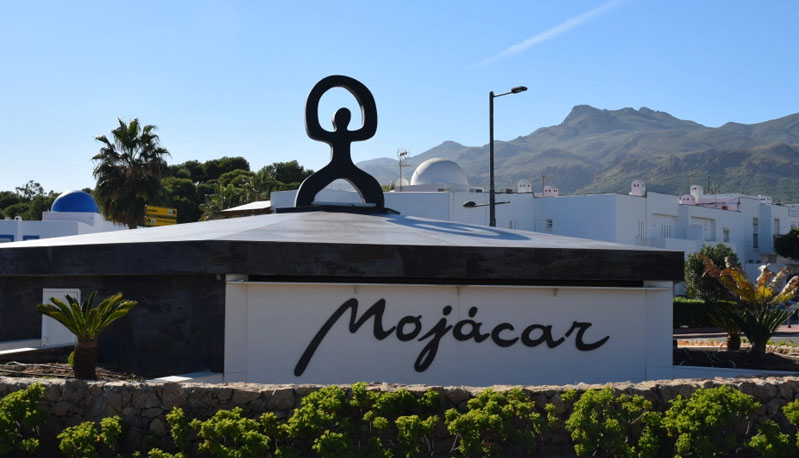Why Is It Called Mojácar? Unraveling The History Behind the Name

Nestled in the heart of Andalusia, Mojácar holds an enchanting allure that dates back millennia.
With its ancient roots and captivating beauty, Mojácar has seen a parade of civilisations come and go, each leaving their own distinctive mark on the landscape.
But have you ever paused to wonder, ‘Why is it called Mojácar‘?
Let’s delve into the tapestry of history that led to the naming we have today.
The Evolution of a Name: From Murgis-Akra to Mojácar
In its earliest days, Mojácar was known by a different name. The Greeks, one of the many cultures that once dominated this area, referred to the settlement as Murgis-Akra, a term that can be translated as “Murgis on the heights.
Over time, as different civilisations left their mark on the region, this name went through a fascinating evolution. The Latin influence transformed Murgis-Akra into Moxacar, which later morphed into Mucacra and Mosaqar under subsequent rulers.
The name Mojácar, as we know it today, is a testament to this long historical journey and the rich cultural influences that have shaped it over thousands of years.
Mojácar: A Name That Bridges Cultures
An intriguing episode from Mojácar’s history underscores the significant cultural blending that is reflected in its name.
In 1488, Moorish leaders in the region agreed to yield rule to the forces of the Catholic kings. However, the governor of Mojácar stood firm, professing that his people, though Muslims, were as Spanish as the Catholic kings themselves.
His request to be treated as brothers, not enemies, led to a unique pact permitting free association among local Moors, Christians, and Jews.
The Legacy of Mojácar’s Name
Today, the name Mojácar stands as a symbol of this town’s resilient spirit and its remarkable capacity for cultural fusion.
As we explore the narrow streets, the ancient walls, and the bustling squares, we’re reminded of the evolution of a name that has withstood the passage of time, embodying the layers of history and the different cultures that have shaped it.
Indeed, Mojácar is more than a name—it’s a chronicle of humanity’s journey, a testament to cultural harmony, and a beacon of a proud and enduring legacy.
